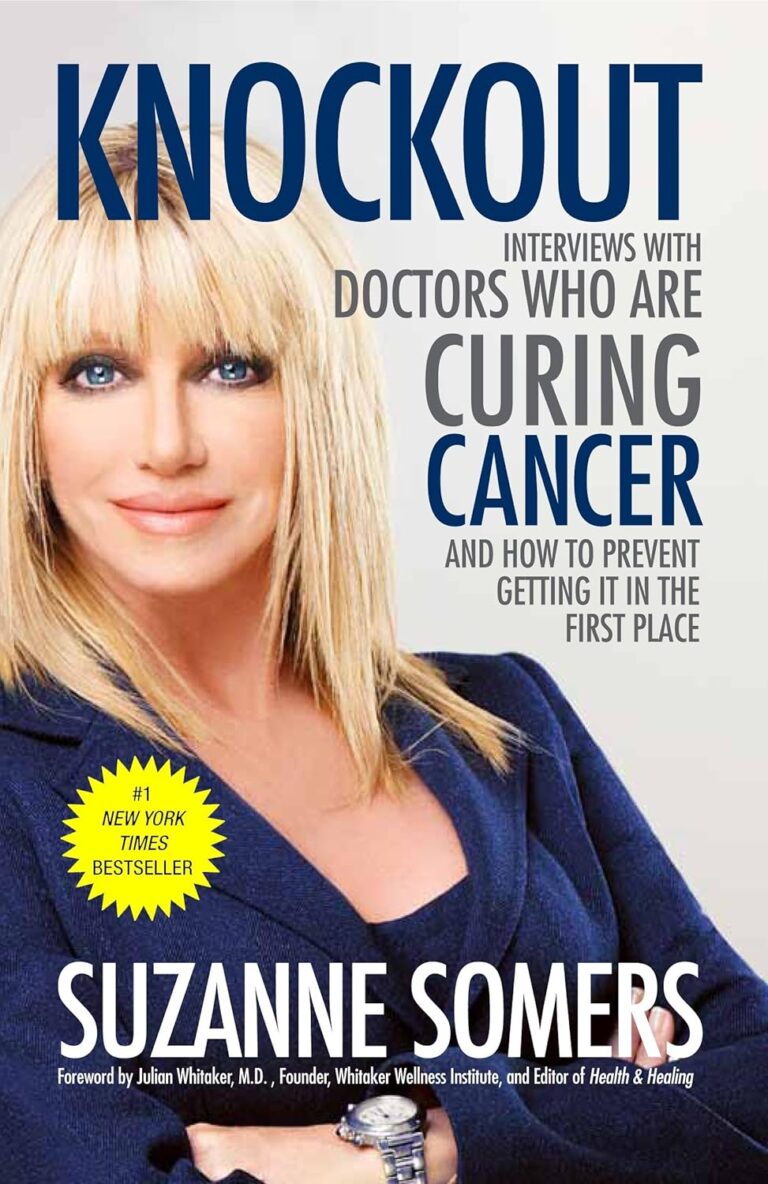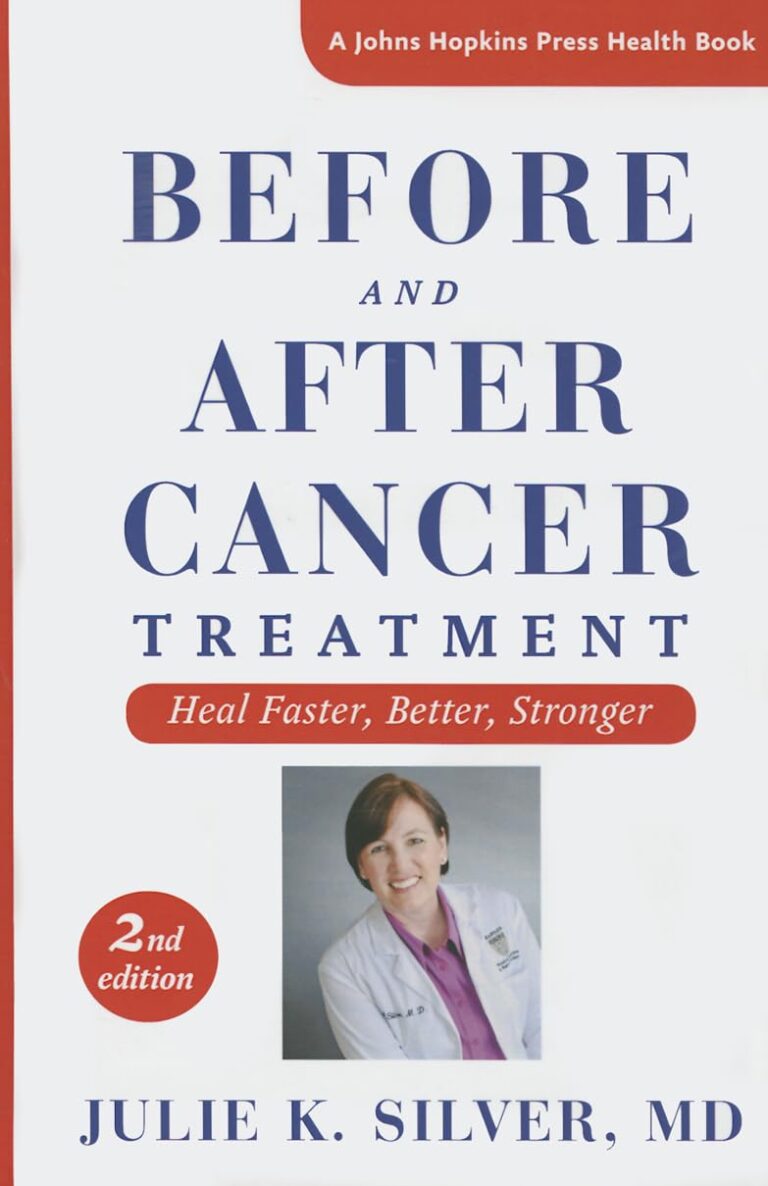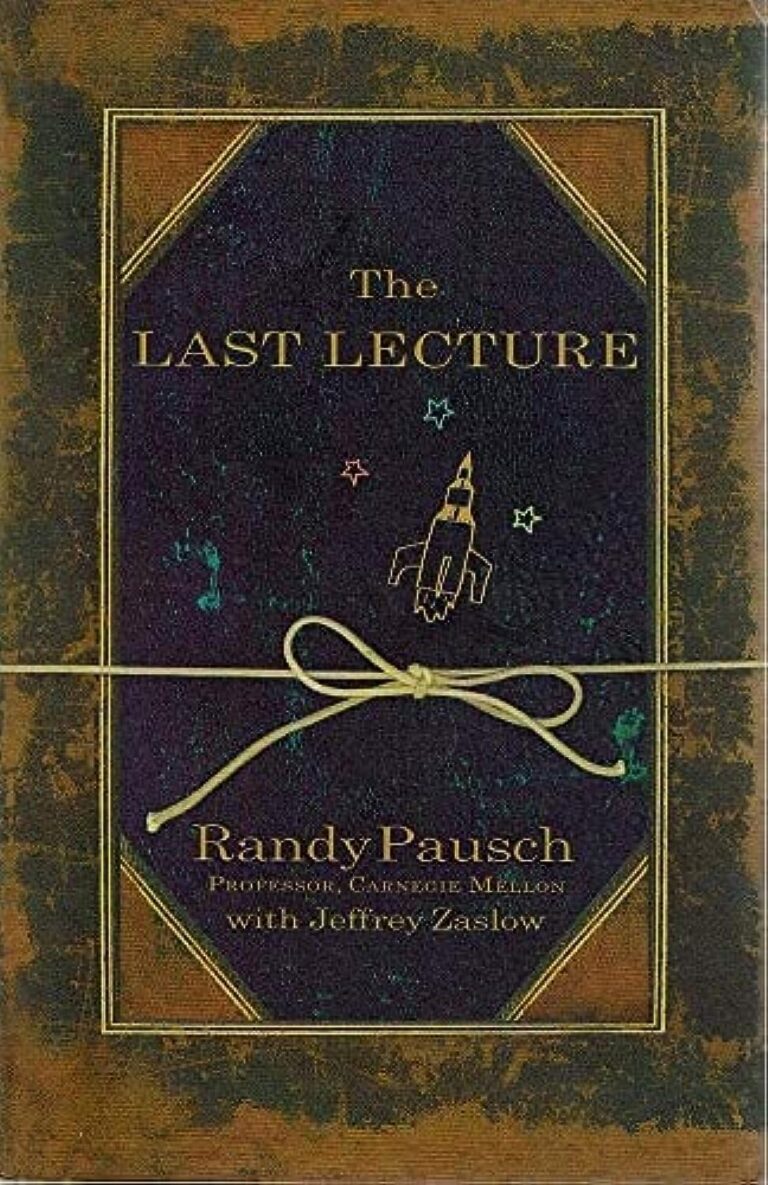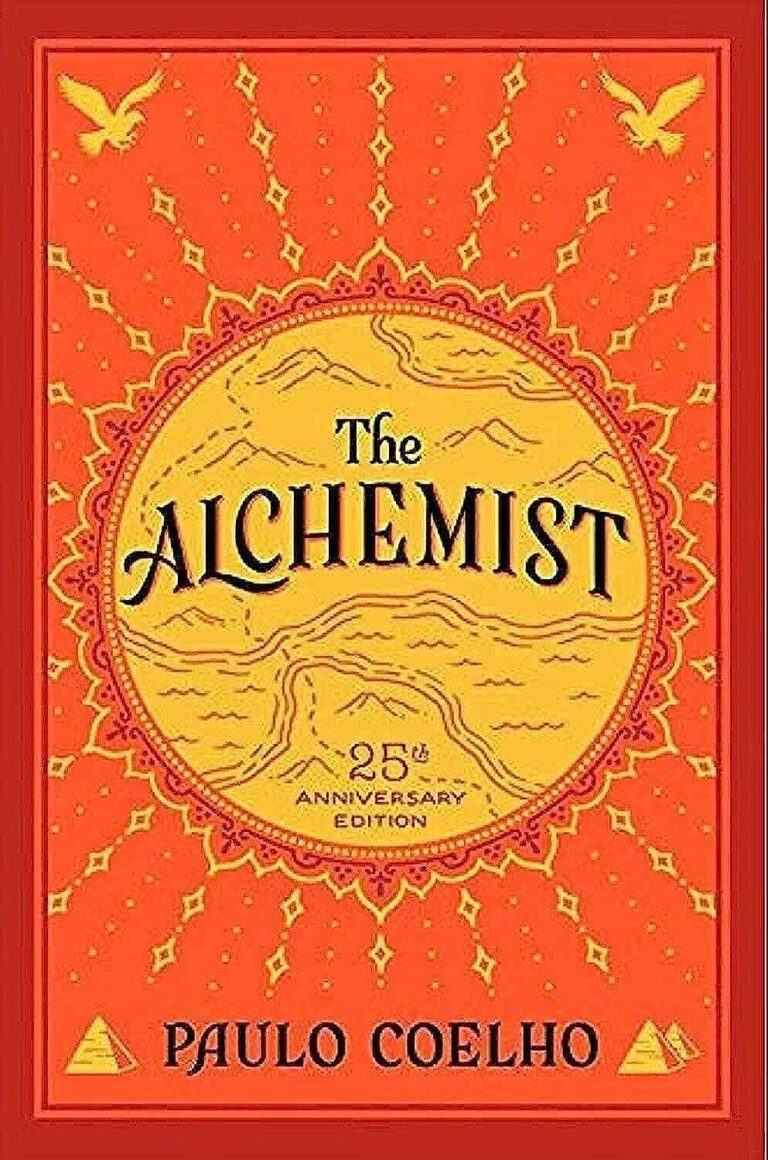
The human body is an intricate system with numerous hormones steering its functions, and one of these hormones is Androgen. This piece investigates what Androgen is and why it is so crucial to the human body.
The primary purpose of this article is to explore the term ‘androgen’ in depth, it’s significance inside the human body, the role it plays in both males and females, and the implications of androgen imbalance.
Understanding the Term – Androgen
Androgens are a group of hormones that play a pivotal role in male reproductive activity and physical development. They primarily characterise traditionally masculine traits such as facial hair, a deep voice and muscle mass. Although they are dubbed ‘male hormones’, androgens are present and significant in both males and females.
The importance of androgens in the human body cannot be underestimated. They orchestrate the development of male sexual features, stimulate growth and changes in the skeleton, and influence mood and libido. Even in women, androgens assist in puberty, influence mood, and play a vital role in overall health and well-being.
Types of Androgens
There are several types of androgens present in our body, some of which include:
- Dihydrotestosterone (DHT): This is a potent form of testosterone that stimulates the development of male secondary sexual characteristics.
- Dehydroepiandrosterone (DHEA): Produced by our adrenal glands, DHEA is a progenitor to both male and female sex hormones.
- Androstenedione: This androgen is a precursor of testosterone and estrogens, and it originates from the adrenal glands and the gonads.
- Testosterone: This principal male sex hormone plays an essential role in the growth and development of male reproductive tissues and the promotion of secondary sexual characteristics.
Role of Androgens in Males
Androgens have a substantial impact on male physical development. They’re responsible for the maturation of male sexual organs during fetal development and modifications during puberty like the enlargement of the penis and testes.
Androgens also drive the growth of body hair, including facial, pubic, and body hair, deepening of the voice, and increased muscle and bone mass. This transformation distinguishes the male physique from the female and is hence termed secondary sexual characteristics.
Get to know us better
If you are reading this, you are in the right place – we do not care who you are and what you do, press the button and follow discussions live

Role of Androgens in Females
Even though androgens are predominantly associated with males, these hormones are also indispensable in female physical development. During puberty, androgens support the growth of pubic and underarm hair, and are involved in the regulation of the menstrual cycle and libido.
Moreover, androgens contribute to bone strength, cognitive health, and influence overall mood and well-being in women. Furthermore, they also play a role in female reproductive health, with imbalances often causing issues like polycystic ovary syndrome (PCOS).
Androgen Imbalance in the Body
Androgen imbalance refers to disproportionate levels of androgens in the body. This imbalance can be brought about by several causes like adrenal diseases, tumors, genetic disorders and various lifestyle factors.
Signs and symptoms of androgen imbalance differ in males and females. In men, symptoms can include reduced sexual desire, impotence, infertility, loss of body hair, or development of breast tissues. In females, these imbalances can manifest symptoms such as hair loss, irregular periods, infertility, acne, and hirsutism (excess body hair).
Androgen imbalance can cause numerous health complications in men and women. But, they can be managed or treated through lifestyle changes, medication or hormone therapy.
Conclusion
This article sheds light on the term androgen, its significance in the human body, and its different types. It further explicates the role androgens play in the physical development of both males and females, and underscores the implications of androgen imbalance.
While this article covers a broad scope of information, it is essential to note that the human body’s hormonal balance and functions are complex and multi-faceted. If you suspect any issues or have any concerns, it’s always recommended to seek professional medical advice.
FAQ
- What are Androgens?
Androgens are a group of hormones, primarily testosterone, that play a crucial role in the development and maintenance of male characteristics. They are also found in smaller quantities in females and have various physiological functions in both sexes.
- What Are the Main Functions of Androgens?
Androgens have multiple functions, including promoting the development of male secondary sexual characteristics (such as facial hair and deepening of the voice), regulating sexual function, contributing to muscle and bone growth, and influencing mood and energy levels.
- What Conditions Are Associated with Androgen Imbalances?
Imbalances in androgen levels can lead to various health issues. High androgen levels may be linked to conditions like polycystic ovary syndrome (PCOS) in females, while low levels can result in conditions such as hypogonadism.
- How Are Androgen Levels Measured or Assessed?
Androgen levels are typically measured through blood tests that analyze the concentration of specific androgens, such as testosterone or dihydrotestosterone (DHT). These tests help diagnose and monitor conditions related to androgen imbalances.
- Can Androgen Levels Be Altered or Controlled?
Yes, in some cases, androgen levels can be altered or controlled with medical interventions. For example, hormone replacement therapy (HRT) can be used to manage low androgen levels, while medications and lifestyle changes may be employed to address high androgen levels in certain conditions like PCOS. These interventions are usually prescribed and monitored by healthcare professionals.

















Comments
Thank you. Comment sent for approval.
Something is wrong, try again later